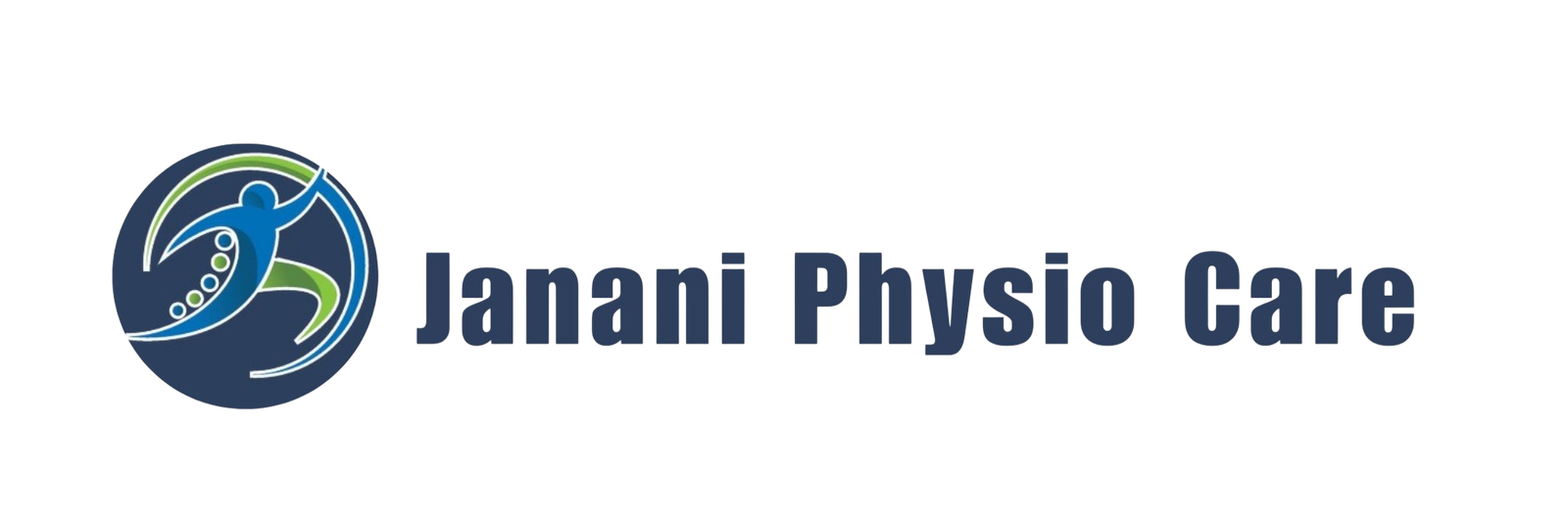
Pediatric Physiotherapy
is a specialized branch of physiotherapy that focuses on the assessment, diagnosis, and treatment of movement and physical issues in children from birth to 21 years. Pediatric physiotherapists work closely with children and their families to promote mobility, strength, flexibility, and overall physical development, ensuring that children can participate actively in home, school, and community activities
Key Objectives of Pediatric Physiotherapy:
Developmental Support?
Assist children in achieving developmental milestones such as crawling, walking, and running.
Motor Skill Enhancement?
Improve both gross motor skills (e.g., walking, jumping) and fine motor skills (e.g., grasping, writing).
Strength and Flexibility?
Develop muscle strength and joint flexibility to support daily activities and prevent injuries.
Balance and Coordination?
Enhance balance and coordination to facilitate participation in various physical activities.
Pain Management?
Address and alleviate pain resulting from injuries or congenital conditions.
Common Conditions Treated:
Delays in reaching motor milestones
Conditions like cerebral palsy affecting movement and coordination.
Problems such as torticollis or scoliosis.
Injuries sustained during physical activities or sports.
Disorders present at birth affecting movement and function.
Treatment Approaches:
- Individualized Exercise Programs: Tailored exercises to strengthen muscles, improve flexibility, and enhance motor skills.
- Manual Therapy: Hands-on techniques to mobilize joints and soft tissues, reducing pain and improving movement.
- Neuromuscular Re-education: Activities designed to improve motor control and functional movement patterns.
- Balance and Coordination Training: Exercises aimed at improving stability and coordination.
- Family Education: Training and support for families to continue therapeutic activities at home, ensuring consistency and progress.
